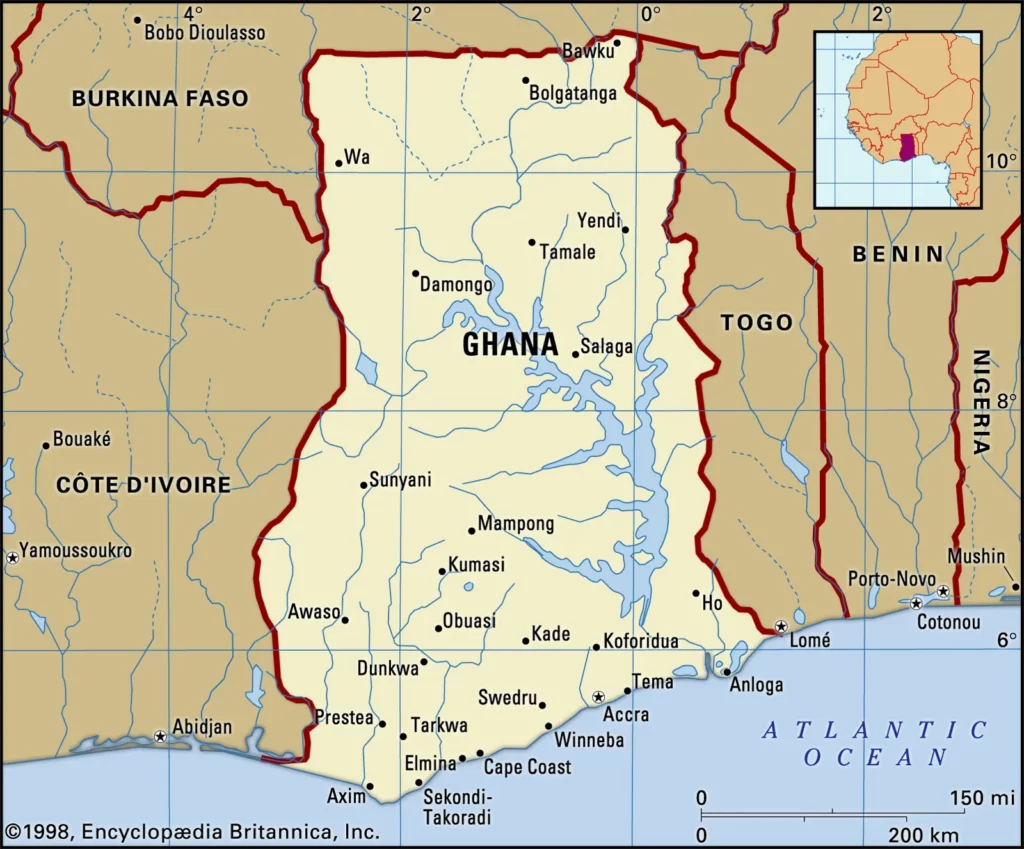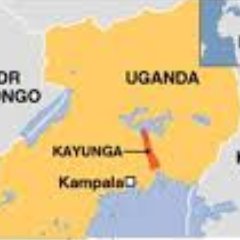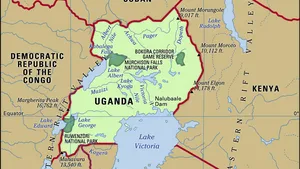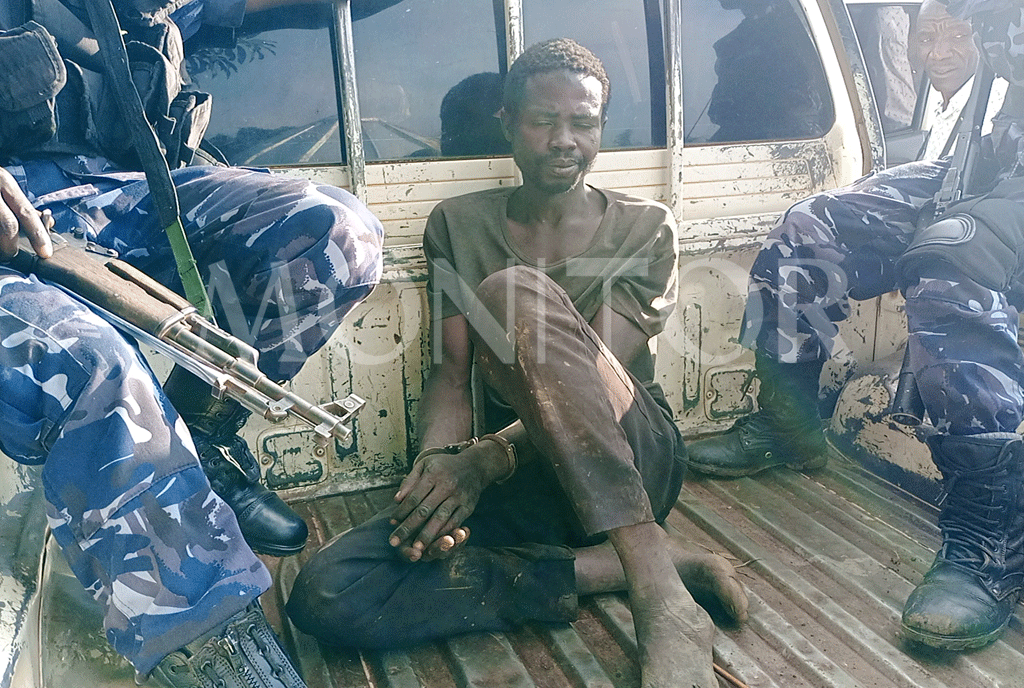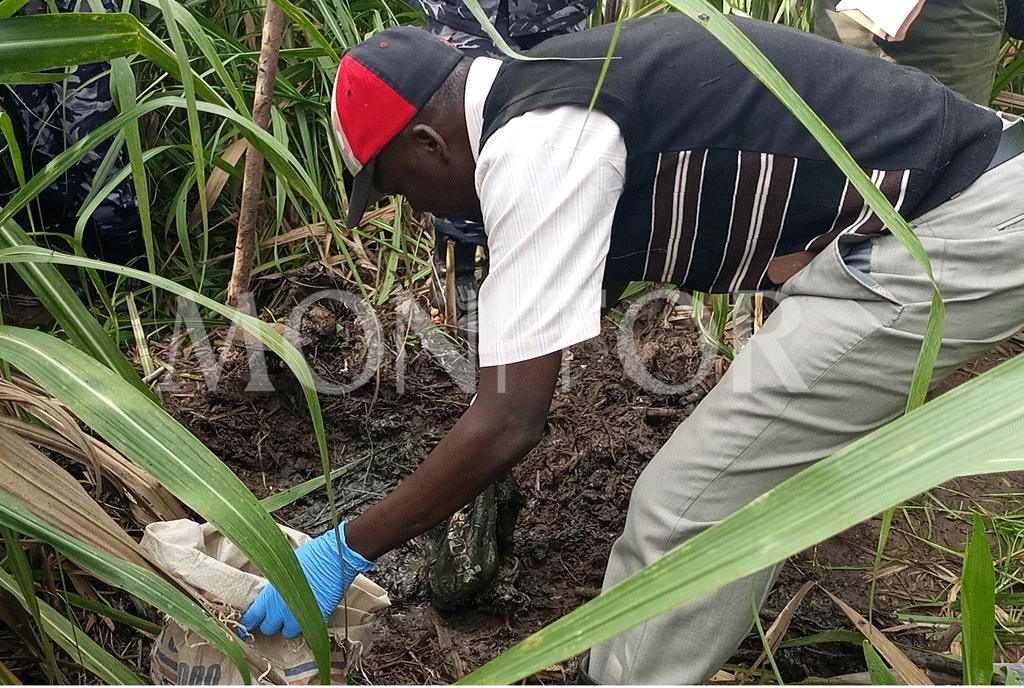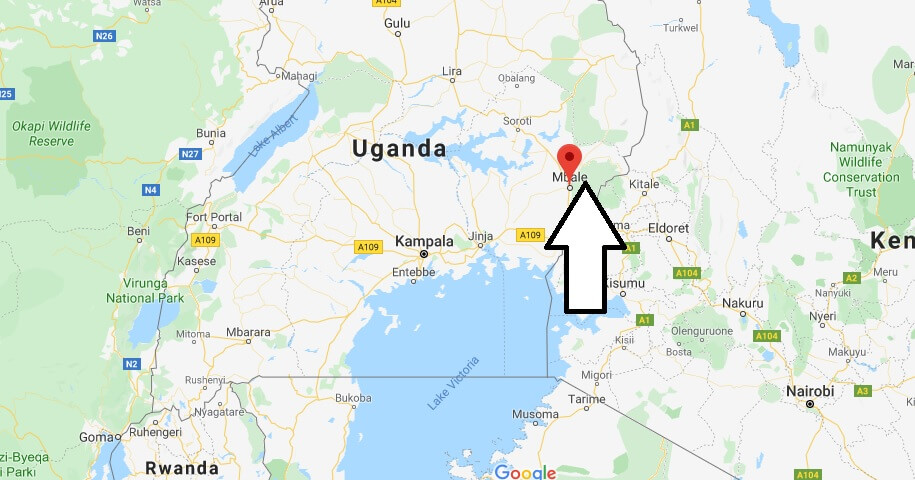Warning: The following articles may upset readers because of the graphic contents (webmaster FVDK).
The surge in murders for ritualistic purposes and related witchcraft activities in certain SSA countries has led to an increasing cry for the restoration of the death penalty for convicted ritual killers. In recent years, several African countries have resorted to the (sometimes) re-introduction of capital punishment in an attempt to stop these criminal and outdated traditional practices. In Nigeria a number of states have adopted legislation allowing the sentencing to death of convicted ritual murderers which does not always mean that they are actually executed.
National and international organizations like Amnesty International emphasize that the death penalty breaches human rights including the right to life and the right to live free from torture or cruel, inhuman or degrading treatment or punishment. Both rights are protected under the Universal Declaration of Human Rights, adopted by the UN in 1948. Nigeria is a signatory to the Universal Declaration of Human Rights.
Please note: the link which leads to the Punch article reproduced below also mentions three other cases of ritualistic killings (‘money rituals’) in Nigeria: two in Anambra State (including a suspected case of ritual killing) and one in Ogun State. Though a coincidence it illustrates well that ‘money rituals’ are rampant in Africa’s most populated country.
(webmaster FVDK)
Nigeria: Delta court sentences man to death for killing twins for rituals

Published: July 16, 2024
By: Matthew Ochei – Punch, Nigeria
A High Court sitting at Asaba, the Delta State capital, has sentenced one Onuwa Ijie to death, and Nwanozie Uzor to 14 years imprisonment for murder and conspiracy to commit the murder of twin boys, Chidalu and Chigozie Agwunobi.
The court presided over by Justice Onome Marshal-Umukoro sentenced two convicts over the murder of the seven-year-old boys.
The prosecution conducted by a Deputy Director in the Ministry of Justice, Mrs Paula Akpoguma, in proof of the case called five witnesses.
The court held that the testimony of the five witnesses proved the case against the two defendants beyond reasonable doubt.
The prosecution stated that tragedy struck the family of Olise Agwunobi of Oko-Ogbele Community on March 5, 2020, when their seven-year-old twin boys were lured by the defendants to a bush and they proceeded to cut off their penis, eyes, tongues and hands which they hurriedly took to a native doctor at Aguleri in Anambra State.
“One of the defendants had earlier gone to the school of the twin children to take them but was turned down by the school teacher, one Mrs Emelda Ezekwude,” she said.
Delivering his judgment, Justice Marshal-Umukoro stated that after carefully evaluating the evidence presented before him, the prosecution had discharged the burden of proof as the first defendant from his confessional statement was the person who sowed the seed of committing human rituals in the mind of the second defendant by giving the phone number of one Chukwudi Edemuzor who was alleged to be searching for twins to kill for money.
The court maintained that the law is settled that the testimony of an investigating police officer was not hearsay evidence, and the court can rely on it.
Speaking with journalists after the judgment on Tuesday, the prosecuting counsel, Akpoguma thanked the court for upholding the cause of justice, “reaffirming that the judicial system works.”
Source: Delta court sentences man to death for killing twins for rituals
Read also:
Court sentences man to death over murder of twins in Delta
Published: July 17, 2024
By: Damilare Famuyima – Pulse, Nigeria

The suspect and his accomplice were said to have murdered the twin boys for ritual purposes.
Justice Onome Marshal Umukoro of a High Court in Asaba, Delta State Capital, has sentenced Onuwa Ijie to death and his accomplice, Nwanozie Uzor, to 14 years imprisonment for the murder and conspiracy to murder twin boys, Chidalu and Chigozie Agwunobi.
The sentencing came after the court heard the case against the two men for the murder of the seven-year-old boys.
Deputy Director in the Ministry of Justice, Paula Akpoguma, led the prosecution, presenting five witnesses to support the case.
A sixth witness, 15-year-old Iweka Ajie, the younger brother of one of the defendants, initially agreed to testify via video link but ultimately refused out of fear.
The court determined that the testimony of the five witnesses sufficiently proved the case against the defendants beyond a reasonable doubt.
According to the prosecution, on March 5, 2020, the family of Olise Agwunobi of Oko-Ogbele Community suffered a tragedy when their seven-year-old twin boys were lured to a bush by the defendants.
There, the boys were mutilated, and their body parts were taken to a native doctor in Aguleri, Anambra State.
“One of the defendants had earlier attempted to take the children from their school but was turned away by the school teacher, Mrs. Emelda Ogugua Ezekwude,” Akpoguma said.
Justice Onome Marshal-Umukoro, in his judgment, concluded that the prosecution had met the burden of proof.
He noted that the first defendant’s confessional statement indicated that he had introduced the idea of human rituals to the second defendant by providing the phone number of Chukwudi Edemuzor, who was allegedly seeking twins for ritual purposes.
The court held that the testimony of the Investigating Police Officer was admissible and not hearsay.
After the judgment, Akpoguma expressed gratitude to the court for delivering justice, reaffirming her belief in the effectiveness of the judicial system.
Source: Court sentences man to death over murder of twins in Delta















